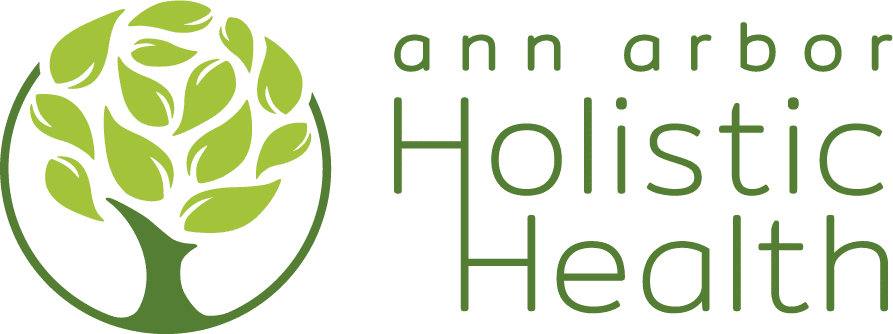Most Practitioners Consider Therapy A “Legitimate Practice”
Chronic pain is a term given to a variety of conditions that can cause frequent, continuous pain lasting several months or longer, including arthritis; chronic fatigue syndrome; fibromyalgia; headaches; back, neck and shoulder pain; and temporomandibular joint syndrome (TMJ). While most chronic pain sufferers have traditionally taken prescription drugs or over¬the¬counter medications to ease their suffering, studies show that increasing numbers of people have begun turning toward more natural, less invasive methods of pain relief.
Although numerous surveys have been conducted to determine the average person’s experience with chronic pain, few have examined how trained pain specialists feel about the use of complementary and alternative therapies for pain relief. A study recently published in the journal Pain1 has shown that many specialists either employ acupuncture in their own practice or refer patients to an acupuncture practitioner, and that they feel the practice of acupuncture is “legitimate.”
In the study, 732 members of the International Association for the Study of Pain were sent a questionnaire listing 22 non¬pharmacological treatments for pain, including acupuncture, herbal medicine, tai chi and qi gong. The specialists were asked whether they:
- felt knowledgeable enough to discuss each therapy with their patients;
- believed each therapy was a “part of a legitimate medical practice”; and
- either used these therapies in their own practice or referred patients to a practitioner who did.
Acupuncture received consistently good reviews from practitioners who returned the survey. Sixty¬nine percent of those surveyed said they either used acupuncture in their own practice or referred patients to an acupuncturist, ranking the therapy fourth behind counseling/psychotherapy, electromagnetic applications (TENS, magnets) and exercise.
“We were somewhat surprised by the fact that over two¬thirds of the respondents reported having either used or referred patients to acupuncture treatments,” said the study’s authors.
Pain specialists also felt confident in talking about acupuncture with their patients. In fact, more respondents reported having enough knowledge about acupuncture to discuss it with their patients (70%) than any other form of therapy on the list.
Perhaps most important, a great number of pain specialists believed in acupuncture’s legitimacy. Eighty¬four percent of those surveyed considered acupuncture a “legitimate medical practice,” a figure second only to counseling and psychotherapy.
The study’s results are even more interesting when one takes into account that the survey of pain specialists was conducted in the spring of 1997, more than six months before the National Institutes of Health Consensus Development Panel on Acupuncture occurred. In November 1997, the NIH panel concluded that acupuncture “may be useful as an adjunct treatment or an acceptable alternative” in treating headaches, myofascial pain, osteoarthritis, low back pain, and other conditions that may cause chronic pain.2
Some minor drawbacks were noted with the study, primarily the low response rate. Of the 732 specialists who were mailed the survey, only 408 were returned and only 362 deemed “usable,” a number that “could have been higher,” according to the authors. Separating the percentage of specialists who use a particular therapy versus those who refer to another practitioner may also have provided pertinent information, although that number was not the survey’s primary goal.
Nevertheless, the results of the survey show the inroads acupuncture has made as a form of pain relief on an international level. It also suggests that pain specialists are amenable to trying non¬traditional therapies (such as acupuncture) to relieve their patients’ pain, and that they believe acupuncture is a legitimate form of care they can discuss with their patients. As the authors noted in their conclusion:
“The present study does appear to reflect a definite openness among pain specialists to a variety of non-pharmacological treatment modalities á a case can be made that the degree of openness toward at least exploring different treatment options expressed by this well¬informed group of clinicians reflects a very real and appropriate commitment toward relieving their patients’ pain.”
References
- Berman BM, Bausell RB. The use of non¬pharmacological therapies by pain specialists. Pain 2000;85:313-315.
- Acupuncture. National Institutes of Health Consensus Development Statement, November 3¬5, 1997.

